The government has been urged to consider a private sector concession model to help fund the paused HS2 route to Euston and an alternative to the scrapped northern leg to Manchester.
Ahead of the Autumn Budget, due today (October 30), the High Speed Rail Group (HSRG) maintains that the model could provide an ideal way of leveraging private sector money into the two missing sections of HS2.
The government has been urged to consider a private sector concession model to help fund the paused HS2 route to Euston and an alternative to the scrapped northern leg to Manchester.
Ahead of the Autumn Budget, due today (October 30), the High Speed Rail Group (HSRG) maintains that the model could provide an ideal way of leveraging private sector money into the two missing sections of HS2.
Although there are strong rumours that the Chancellor might give the go-ahead during her budget speech to carry on building the section from Old Oak Common to Euston, uncertainty remains about the route north of Birmingham.
Several leading rail figures, along with the Greater Manchester and the West Midlands Mayors, have urged the government to back an alternative plan which would involve trains running on the same alignment of the scrapped HS2 Phase 2a route to Crewe, but at lower speeds, thereby reducing construction costs.
HSRG, which represents companies with experience and an interest in high-speed rail, proposes selling the rights to run along HS2 as part of a long-term concession.
The group maintains that the precedent has been set with a similar concession already in place on HS1 from London St Pancras to the Channel Tunnel. It suggests that funding the missing links to Euston and Crewe would save HM Treasury around £3.5 billion in the long-term.
In a submission to Chancellor Rachel Reeves, HSRG outlined: “In considering the future of HS2, it is important to recognise that curtailing the project, as directed by the previous government, could result in significant financial waste and constrain regional economic growth.
“While there is an understandable focus on the immediate costs associated with completing HS2, particularly the sections extending to Euston and Crewe, it would be a mistake to view the project solely as a financial burden for the Treasury. HS2, like its predecessor HS1, holds the potential to generate substantial returns for the government.”
The HS1 model involved a 30-year concession that was sold for £2.1bn. According to HSRG, that represented one-third of its construction cost. It maintains that in HS1, there is a clear precedent for how HS2 could be monetised.
By concessioning the project, the group believes the government could secure a considerable return on investment, potentially as much as one-third of the project’s capital cost.
The return would largely be determined by the number and length of train paths available.
Login to continue reading
Or register with RAIL to keep up-to-date with the latest news, insight and opinion.

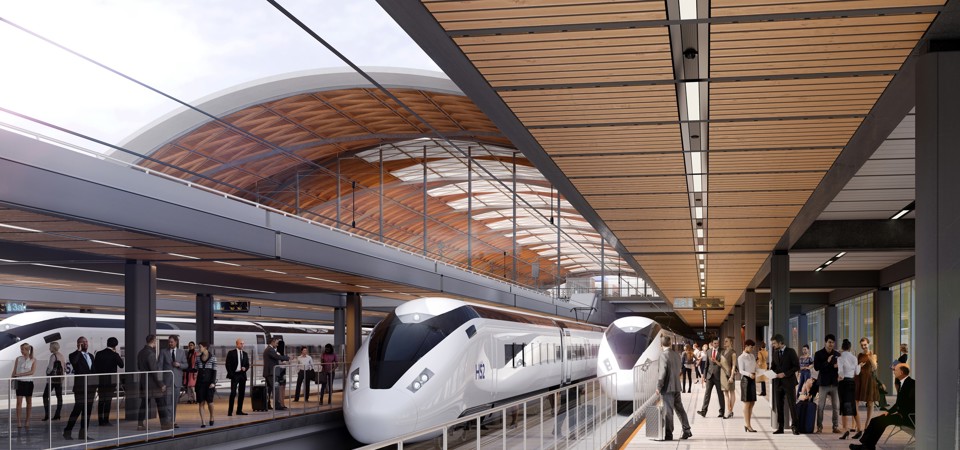

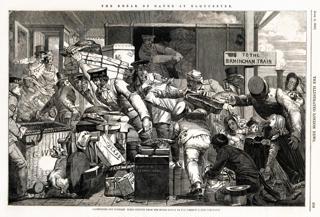
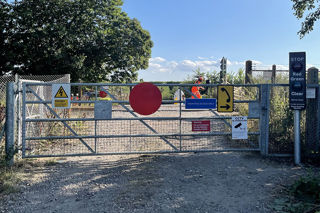
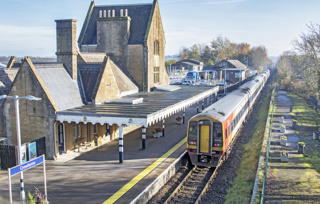
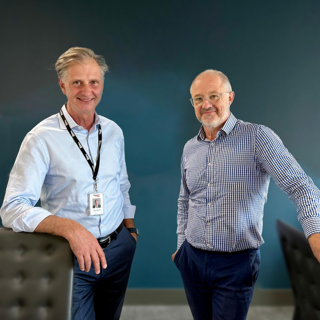











Login to comment
Comments
No comments have been made yet.